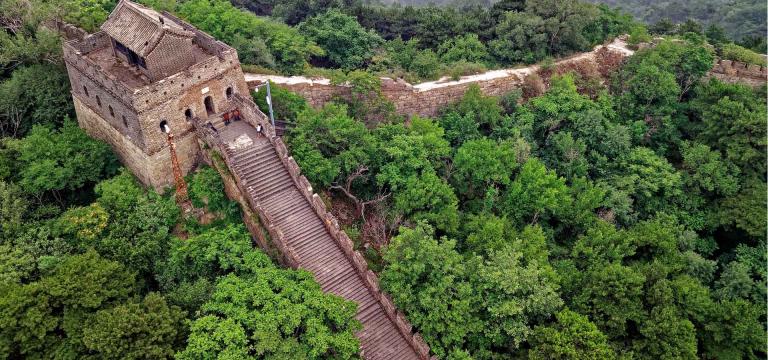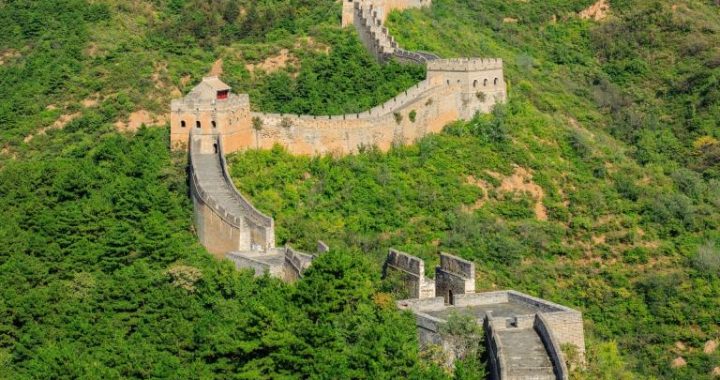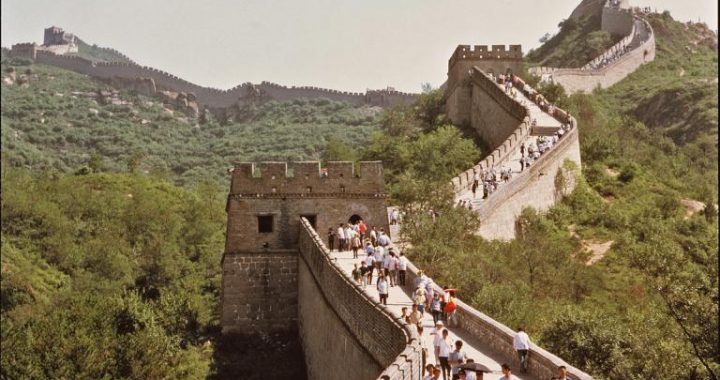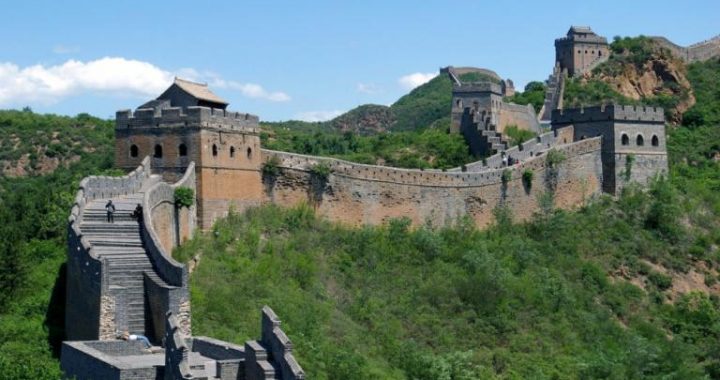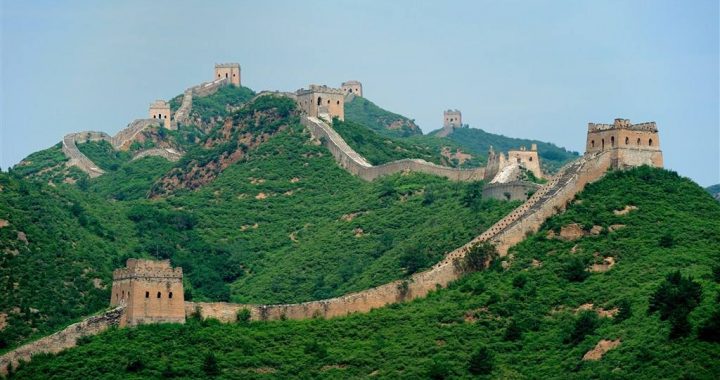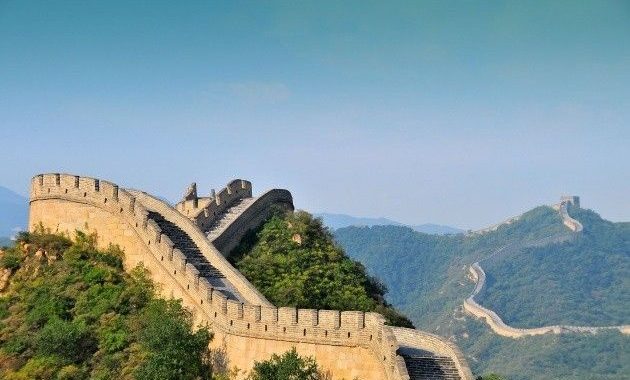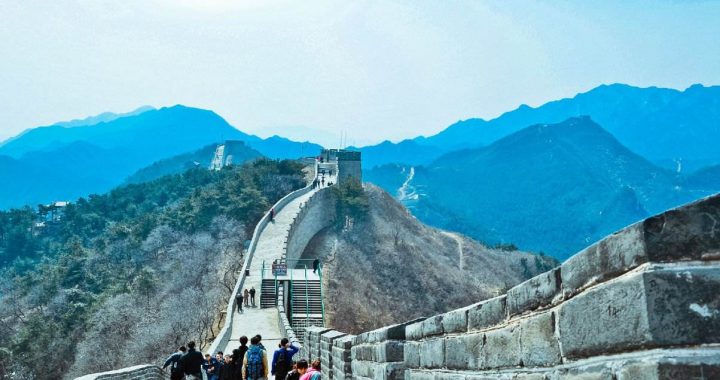Wonder of the Great Wall
2 min readThe wonder of the Great Wall lies in its magnificent and varied structure. As a defense work, the Great Wall is by no means a monotonous long stretch of wall.
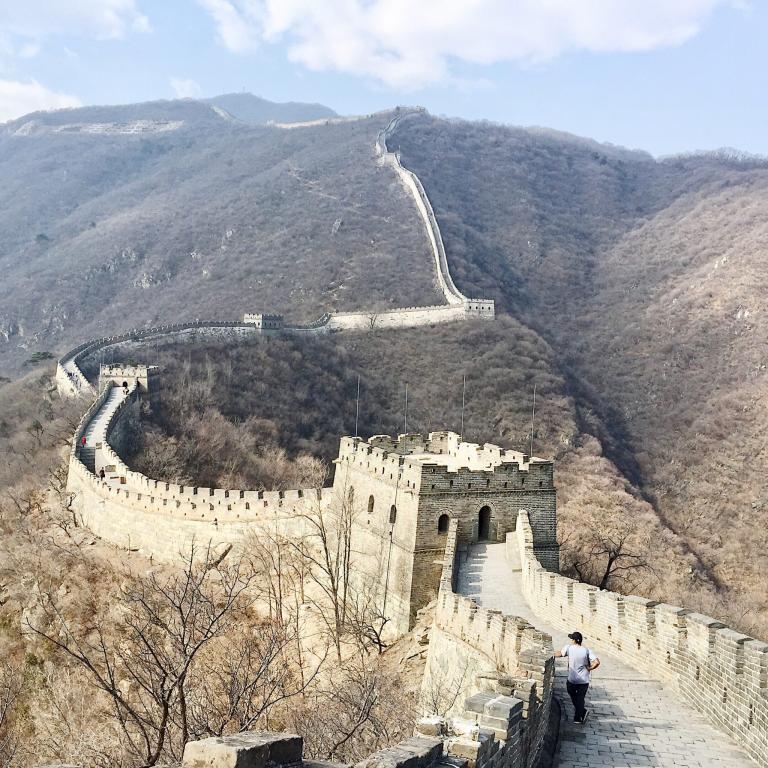
Instead, it consists of different parts with different defensive purposes. These include blockhouses, garrison towns and passes built at strategic points, as well as beacon towers along the wall.
The Simatai section built near Beijing in the Ming Dynasty best represents the undulating and rhythmic flow of the Great Wall. As a popular saying has it, Simatai epitomizes the wonder of the Great Wall for being the most precipitous part of it.
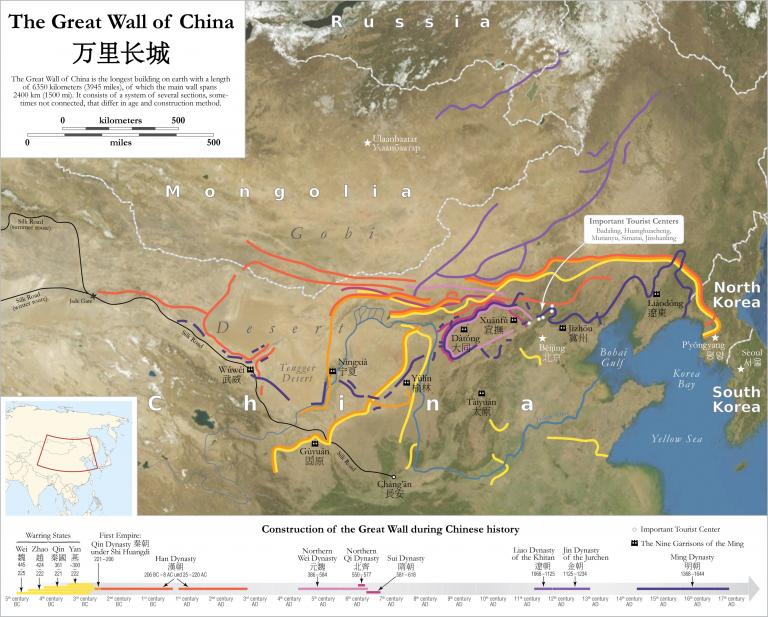
Winding along a steep ridge of a range of mountains, the Simatai section rises to the crests of mountains at some points and falls into deep valleys at others.
The most breathtaking parts of the Simatai section are called Cloud Ladder and Heavenly Bridge. The Cloud Ladder is much narrower than the normal width of the Wall(three-to-five meters on average), the narrowest part being only half a meter wide. With perilous cliffs on either side, it indeed resembles a ladder along which one can climb up into the clouds. Up at the top of the Cloud Ladder, one comes to the Heavenly Bridge, the 100-meter-long narrow belt of wall on the mountain ridge, with deep valleys on either side.
The highest point of the Simatai section is Wangjing(Overlooking the Capital)Tower, at an altitude of 986 meters. From here, one can capture a panoramic overview of the Great Wall stretching and winding into the east and west. One can also look into the far distance to the south, for an indistinct view of the capital Beijing. Hence, the name of the tower. This is one of the best places to appreciate the magnificence and near-surreal beauty of the Great Wall.
